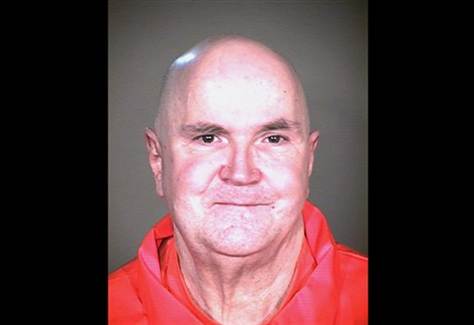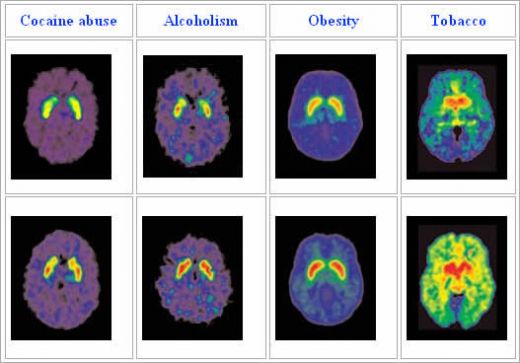Julian Savulescu brings an interesting and characteristically uncompromising philosophical perspective today to the Badminton scandal in which four pairs were disqualified from the Olympics for intending to lose their matches in order to obtain a preferred draw in the next round. The players were ejected for violating parts of the Players’ Code of Conduct that is set by the governing body of the sport: the Badminton World Federation (BWF). In particular, they were found to have violated sections 4.5 and 4.16 of the Code, which respectively prohibit “not using one’s best efforts to win a match” and “conducting oneself in a manner that is clearly abusive or detrimental to the sport.”
Savulescu argues that the players should not have been disqualified, and that the rules for the draw should be changed. He is right the rules for the draw should be changed: they should be designed so that winning a match always confers on the players some advantage in the tournament, or at least never a disadvantage. Why not, for example, simply let the most successful teams choose first who they will face in the next round? One questionable feature of this week’s events is that the badly formulated rules for the format of the draw were instituted by the BWF. So the BWF, acting as legislator, judge and jury on the conduct of the players, itself had a vested interest in shifting the blame for the fiasco of non-competitive games onto the players themselves.
Still, it is reasonable to ask whether it would have been right for a properly impartial judging body to disqualify the players in this case. Savulescu’s post suggests, as far as I can see, four arguments against:
A) The players were using a strategy to win the tournament, and logically, a strategy cannot be abusive or detrimental to the sport.
B) The rules are not clear.
C) The rules are absurd.
D) The rules depend on a distinction between intending and foreseeing which is philosophically unsustainable.
So let’s assess these four arguments.
Read More »The Philosophy of Bad Badminton: Another Look


